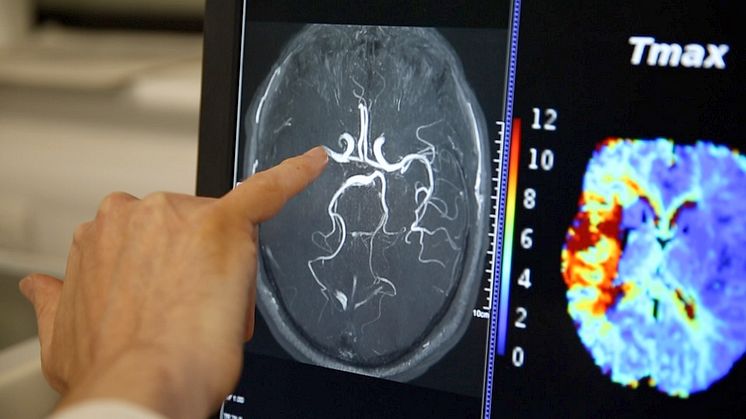
News -
Ombudsman stroke complaints increase – June 2025
Juliet Bouverie OBE, CEO of the Stroke Association, said:
“These findings are deeply concerning as they highlight the difficulties faced by the overstretched NHS workforce when battling against a broken system. The findings also reflect our own experiences supporting stroke survivors, as well as patient survey data collated with the NHS, which found room for improvement too. Whilst dedicated stroke professionals provide compassionate care, without urgent investment and action, stroke patients will continue to face unacceptable variations in treatment and support.
“Prior to a scan, stroke can be difficult to diagnose depending on which part of the brain is affected, so symptoms can vary between patients. However, stroke is always a medical emergency as prompt treatment can save lives and minimise long-term disability. We have always supported the NHS’s FAST campaign to raise awareness amongst the public and professionals of the most common symptoms of stroke – facial drooping, arm weakness, and slurred speech. Today’s findings are a stark reminder that more work needs to be done to improve awareness.
“The Stroke Association frequently speaks out about how avoidable failures mean stroke survivors suffer from poor long-term health and disability. Huge challenges including spiraling ambulance delays, long waits for specialist stroke treatment and a lack of specialist teams all come at a time when more people of all ages are having strokes. The 10 Year Health Plan cannot come soon enough to tackle these issues which are costing both the survival and quality of life for stroke patients. We’re also calling for a wider cardiovascular plan, with a focus on stroke, to ensure stroke survivors have the best chance of making a good recovery.”










